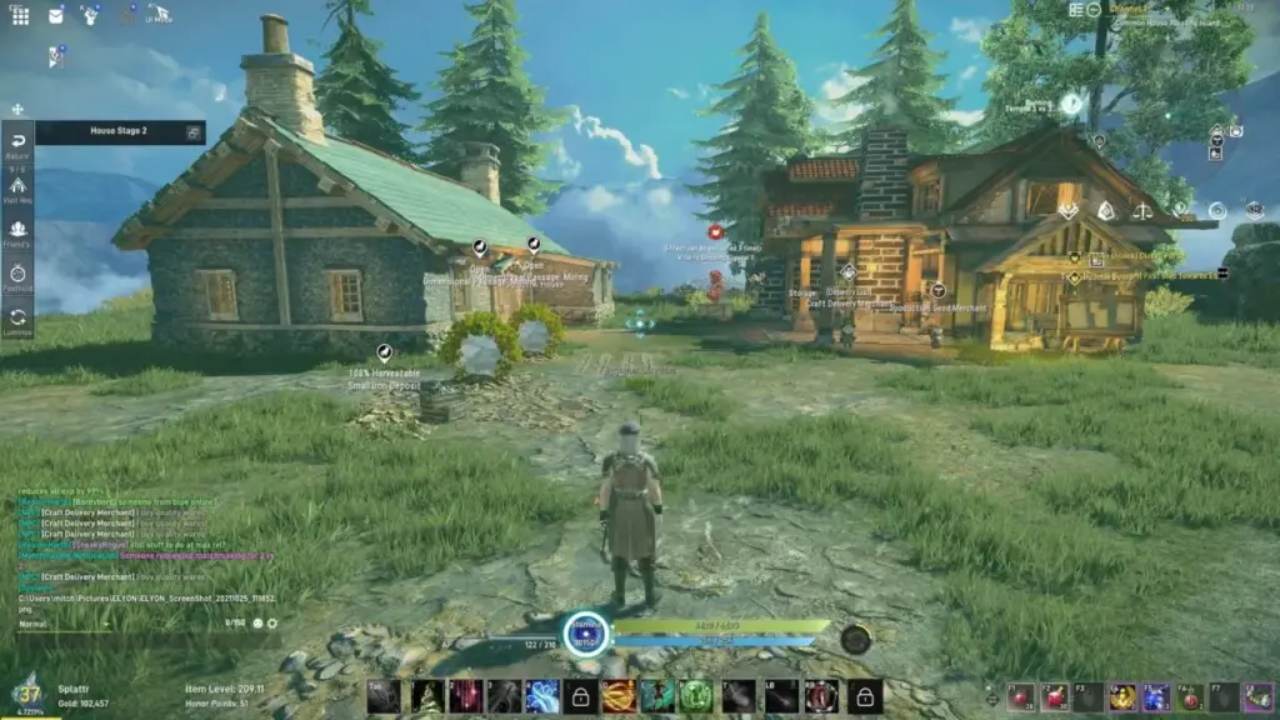
United Gaming – There was a time when New MMORPGs ruled internet cafés and shaped friendships that spilled into real life. Games like Ragnarok Online, RF Online, Atlantica, and Yulgang were not merely entertainment; they were digital worlds where identities were built and communities thrived. Yet today, the sparkle that once defined MMORPGs has noticeably dimmed. New releases arrive with bold promises but fade quickly, often within one or two years. The question many players now ask is simple: why do modern MMORPGs fail to survive? In my view, the downfall is linked to shifting player expectations, evolving entertainment ecosystems, and an industry that sometimes prioritizes monetization over genuine innovation. Although nostalgia still fuels emotion, current audiences demand polished content and meaningful progression immediately something many new MMORPGs simply cannot deliver fast enough.
Whenever a new MMORPG is announced, developers frequently claim it will “change the genre” or “deliver an unprecedented experience.” However, too often the result is the opposite. Many titles try to mimic the success of classics while adding gimmicks like “souls-like combat” or “massive raids,” yet fail at execution. Elyon, for example, promised aerial combat and steampunk fantasy, but launched with optimization issues, weak storytelling, and forgettable content. As a player and observer, I believe the industry suffers from a dangerous habit: launching ambitious projects before they mature. Modern gamers move faster; they will not wait months or years for a game to “get better later.” Live-service fatigue is real, and MMORPGs cannot afford a flawed first impression anymore.
“Read More : AI and the New Age of Workplace Communication: How LeapXpert Is Building Trust in an Intelligent Era“
Many players approach new MMORPGs hoping for something refreshing. They dream of a new universe to call home, only to discover repetitive grinding, uninspired quests, and systems recycled from older games. It feels like walking toward a beautiful green lawn, only to realize it’s artificial turf shiny but lifeless. Instead of offering player-driven exploration, modern titles often feel like checklists disguised as adventures. Meanwhile, classics like Ragnarok Online still retain charm because they don’t force constant productivity; sometimes players simply chat in town or casually hunt mobs. Ironically, the old formula feels more human than many modern attempts that drown players in tasks without meaning or soul.
One major challenge lies in accessibility. MMORPGs should welcome returning heroes not overwhelm them. While some studios grant returning players gear boosts and instant levels, this rarely solves the root problem: systems have grown too complex. New currencies, overpowered gear tiers, and convoluted upgrade paths often leave returnees confused and discouraged. Additionally, community behavior plays a role. Highly competitive guilds rarely accept under-geared players, while casual guilds often lack resources to help. As someone who has re-entered multiple MMORPGs myself, I have felt that sting returning to a beloved world only to realize I no longer belong there. That emotional disconnect is fatal to long-term retention.
“Read More : Thailand Welcomes Sora: OpenAI’s New AI Video App Ignites Asia’s Creative Scene“
In the early era of MMORPGs, community interaction was essential. You needed others to complete quests, trade, strategize, and party. However, modern design trends favor convenience auto-match systems, auto-combat, auto-questing gradually eroding organic player interaction. While these features help busy players, they also weaken the social glue that once defined the genre. In the past, guildmates felt like extended family; now, players hop between games, chasing content instead of relationships. In my perspective, MMORPGs are struggling to maintain the emotional ecosystem that once made them magical. A game without meaningful bonds may still function, but it cannot thrive not truly.
MMORPG development requires massive investment, often years of effort and millions of dollars. This financial pressure pushes studios toward aggressive monetization battle passes, gacha elements, gear upgrades, and pay-to-progress systems. While understandable, this strategy often undermines trust. Players can sense when a world is built for adventure versus when it is engineered for extraction. Successful MMORPGs like Final Fantasy XIV thrive because they prioritize heart and craftsmanship first, monetization second. The opposite approach turns a game into a store wrapped in fantasy aesthetics. Once players feel exploited, they leave and they rarely return.
Despite current struggles, MMORPGs are not dead. However, the era of traditional grind-heavy designs has largely passed. Today’s players prefer hybrid experiences social but flexible, deep but not overwhelming. Games like Genshin Impact and Helldivers II illustrate this shift: online, cooperative, persistent yet not demanding full daily commitment. In my opinion, MMORPGs can still rise again, but success will require evolution. The genre must adapt to modern lifestyles, combine meaningful community with accessible gameplay, and offer sincerity instead of empty promises.